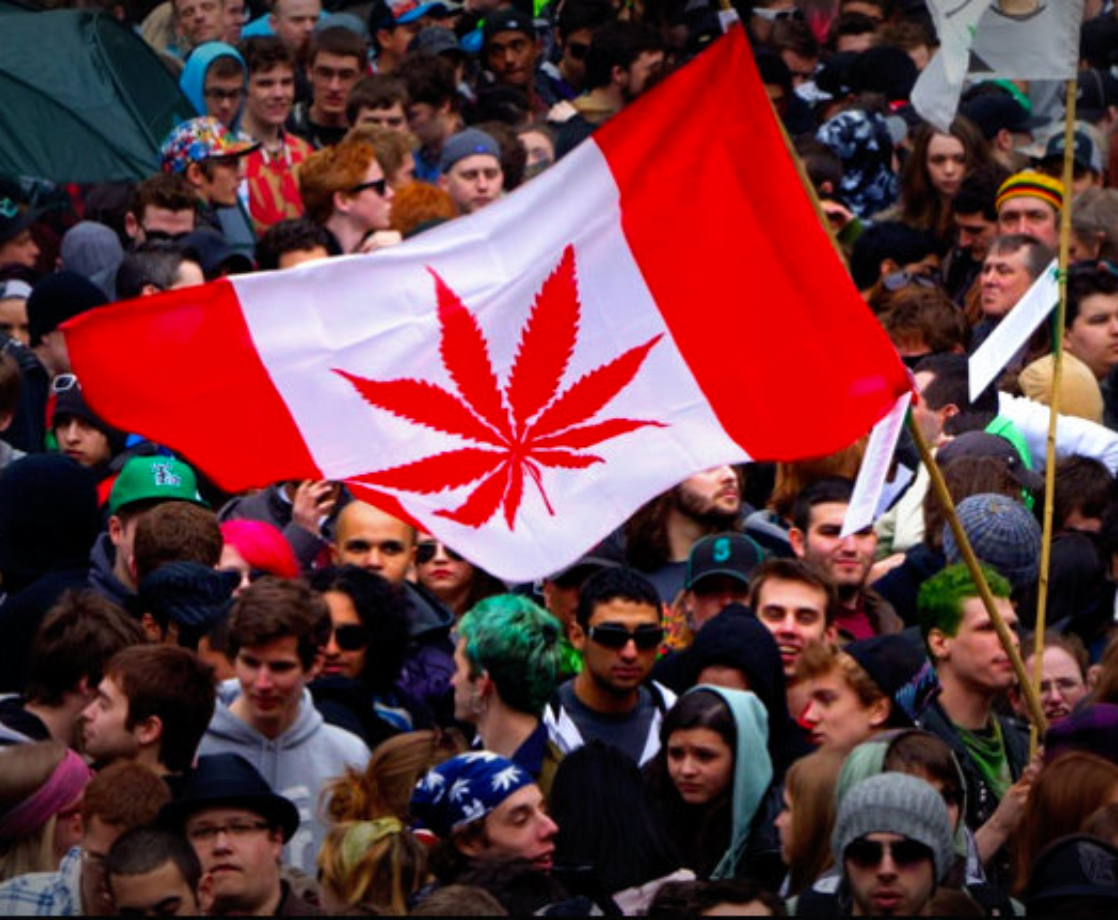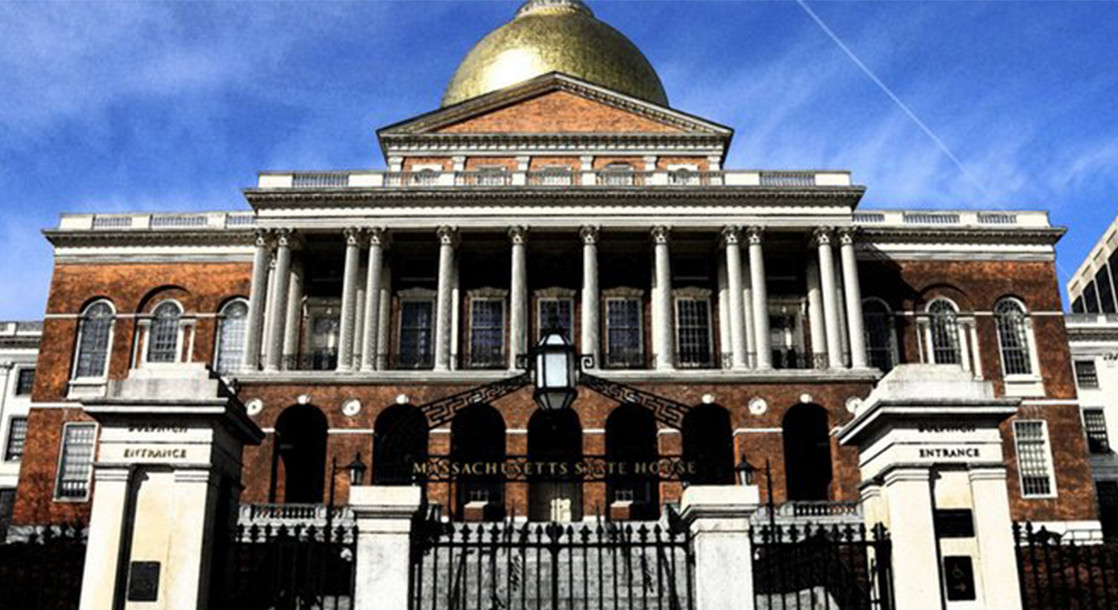Canada has just entered its second year of national adult-use cannabis legalization. But instead of celebrating this groundbreaking decision, the country’s top health official just advised all Canadians to stop using weed completely.
Last month, Patty Hadju, Canada’s new Minister of Health, released a statement announcing the availability of new cannabis products that were prohibited during the first year of legalization, including edibles, vapes, extracts, and topicals. The statement detailed how these new products were being strictly monitored to ensure everyone’s safety. Then, Hadju basically invalidated the effectiveness of these measures by saying: “The best way for Canadians to protect their health is not to consume cannabis.”
Unsurprisingly, Hadju’s statement did not go over well with weed industry leaders or medical marijuana activists. NORML Canada immediately denounced the health minister’s statement for using “very definitive language to overstate the harms to health from cannabis use without citing evidence.” In response, NORML said that “by advising to abstain from cannabis, this statement completely ignores Canadians who use cannabis for medicinal purposes, and further promotes stigma around cannabis consumption in general.”
Although contentious, the health minister’s statement does fall in line with Health Canada’s overall policy of promoting abstinence rather than use. The agency’s official cannabis guidelines also state that “the best way to protect your health is to avoid using cannabis or cannabis products completely.” However, as NORML points out, “it seems somewhat hypocritical to cast cannabis use as overly harmful to the health of Canadians without making similar concerns towards alcohol, tobacco, or even caffeine.”
Health Canada’s website does in fact detail the risks of alcohol abuse, acknowledging that an estimated “4 to 5 million Canadians engage in high-risk drinking, which is linked to motor vehicle accidents, Fetal Alcohol Spectrum Disorder, and other health issues, family problems, crime, and violence.” Yet, regardless of these widespread risks, the agency does not specifically advise Canadians to abstain from alcohol.
Canadian health officials are well aware of the fact that cannabis is vastly safer than other legal drugs. When Hadju took office last November, Health Canada presented her with a briefing detailing the public health risks of recreational drugs. The briefing notes that in 2018, tobacco killed 47,562 Canadians, alcohol killed 14,827, and opioids took 4,460 lives. That same year, there were no deaths associated with cannabis, nor has there ever been a death conclusively linked to the plant itself.
The Canadian government’s Task Force on Cannabis Legalization argues that Health Canada needs to step up its regulations for alcohol and tobacco to match the severity of its regulations against weed. “The Task Force recognizes that the regulatory regimes for alcohol and tobacco continue to evolve,” the organization wrote, according to Leafly. “It is our hope that our experience with cannabis regulation will be used to inform the further evolution of alcohol and tobacco regulations.”











